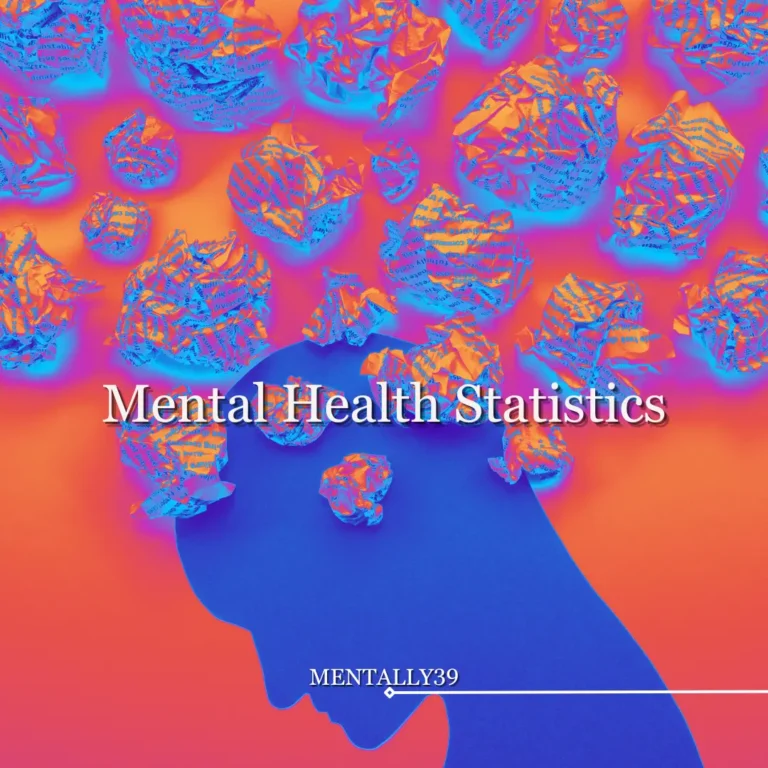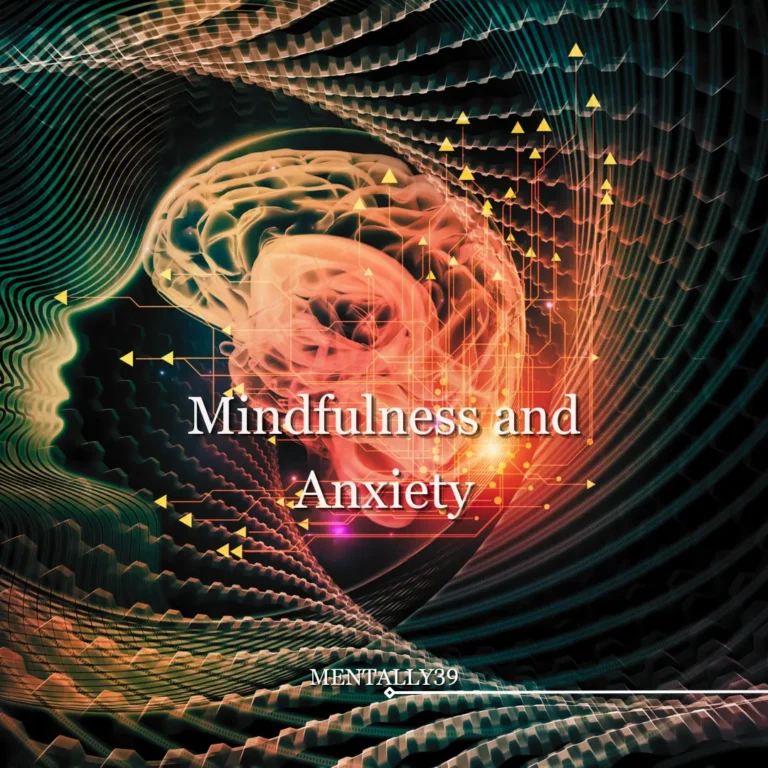Wellness Articles
We often forget that being healthy is more than just about our body. It’s also about how we feel mentally, emotionally, and socially. This article will look into this idea of wellness and show how understanding it can help us be happier and healthier.
Defining Wellness:
Wellness means more than just not being sick. It’s about working on yourself to grow and improve. To achieve wellness, you need to make choices that lead to a happy life. The World Health Organization says wellness is not just about avoiding illness; it’s about feeling good in your body, mind, and relationships.
Physical Wellness:
When we talk about being healthy, we usually think of taking care of our bodies. This means doing exercise, eating healthy food, and getting enough rest. Exercise doesn’t just help our heart; it also makes us feel better and less stressed. Eating a variety of healthy foods gives our body what it needs to stay healthy.
Mental Wellness:
Taking care of our minds is very important for our well-being. Mental wellness means having a positive attitude, managing stress, and being able to handle tough times. Activities like meditation, yoga, and doing things that make us happy can help improve our mental health. It’s important to know when we need help with our mental health and to seek help from professionals if we do.
Emotional Wellness:
Taking care of your emotions is important for staying healthy. Emotional health means understanding how you feel, being able to understand how others feel, and being able to communicate well. To stay emotionally healthy, it’s important to have good relationships, express your feelings in a positive way, and learn how to deal with difficult situations.
Social Wellness:
It’s important to look after your feelings to stay healthy. Emotional fitness is all about understanding your own emotions, being able to understand how others feel, and communicating well. To be emotionally healthy, having good relationships with others is important, as expressing your feelings positively and learning how to handle tough situations.
Holistic Approach:
Wellness means taking care of all aspects of your life, including your physical health, mental health, emotions, and social relationships. It’s important to make good choices in all these areas to keep a healthy balance.
Practical Steps for Wellness:
1. Prioritize Self-Care: Give time for activities that bring you joy and relaxation.
2. Regular Exercise: Include physical activity into your routine, whether it’s walking, jogging, or practicing yoga.
3. Nutritious Diet: Eat a balanced diet with a variety of fruits, vegetables, lean proteins, and whole grains.
4. Mindfulness Practices: Engage in activities that promote mindfulness, such as meditation or deep breathing exercises.
5. Build Strong Relationships: Develop positive relationships with family, friends, and colleagues.
6. Seek Professional Help: If facing mental health challenges, don’t hesitate to consult a mental health professional.
Conclusion:
To truly understand wellness, we need to move beyond the traditional definition of health. Wellness is a holistic concept that involves our physical, mental, emotional, and social well-being. By consciously making choices that support these wellness aspects, we can lay the foundation for a happier and healthier life. The journey towards achieving holistic well-being can be challenging but worth embracing. We can create a fulfilling and balanced existence by making it a guiding light on our path.








